Severe consequences have been warned.
“Winter is coming.” This phrase, which one might associate with the legendary TV series “Game of Thrones,” appeared in the remarks of a Norwegian representative at the November 2019 meeting of the World Trade Organization (WTO).
Five years later, those words still seem to resonate, albeit in different global circumstances. There has been a retreat from free trade and instead the world has seen a rise in protectionism that could lead to a split into rival economic blocs.
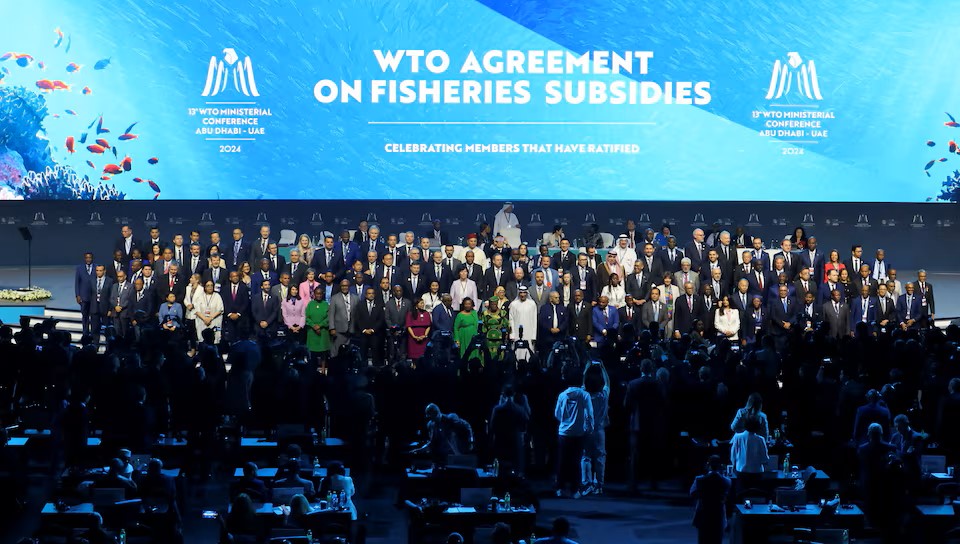
Tariff wars and rising protectionism could lead to the collapse of the WTO and cost the world trillions of dollars. Photo: Reuters
Signs of the fallout can be seen in the strained relationship between the European Union (EU) and China over tariffs imposed by Brussels on electric cars from the Asian country. The situation has escalated to the point where Spanish Prime Minister Pedro Sánchez has suggested that the European Commission should reconsider its stance on the issue to avoid “another trade war.”
If the tariff disputes continue and fragmentation progresses, the World Trade Organization (WTO) could collapse, causing monetary losses of up to trillions of dollars, according to economic analyst Denisse Lopez of the daily El Pais.
The International Monetary Fund (IMF) estimates that global gross domestic product (GDP) would fall by up to 7% over the long term, or about $7.4 trillion, or roughly the size of the French and German economies combined, if the above scenario were to materialize. Similarly, a recent report by Oxford Economics found that a hypothetical dissolution of the WTO would reduce GDP across all regions of the world by between 1% and 6.5% by 2030.
The rise of protectionism
Such figures underscore the devastating effects that global economic fragmentation can have. In recent years, geopolitical differences, the COVID-19 pandemic and the inflation crisis have led to increased barriers to trade and investment.
Global Trade Alert estimates that there have been nearly 27,000 government interventions in international trade over the past five years, while the United Nations reports a significant drop in European and American investment in China. The agency also warns that both companies and countries are becoming more reluctant to share technological advances and integrate supply chains with countries they view as geopolitical foes.
The trade war that has been raging since 2018 between Beijing and Washington is another clear example, reaching new heights with the 100% tariff on Chinese electric vehicles announced by the Joe Biden administration in May.
Such a move could be seen as excluding Chinese manufacturers from the US market. This has even been hinted at by the European Commission, which has tried to distance itself from such initiatives even after initially following in Washington's footsteps, raising tariffs of up to 48% on imported cars from Beijing.
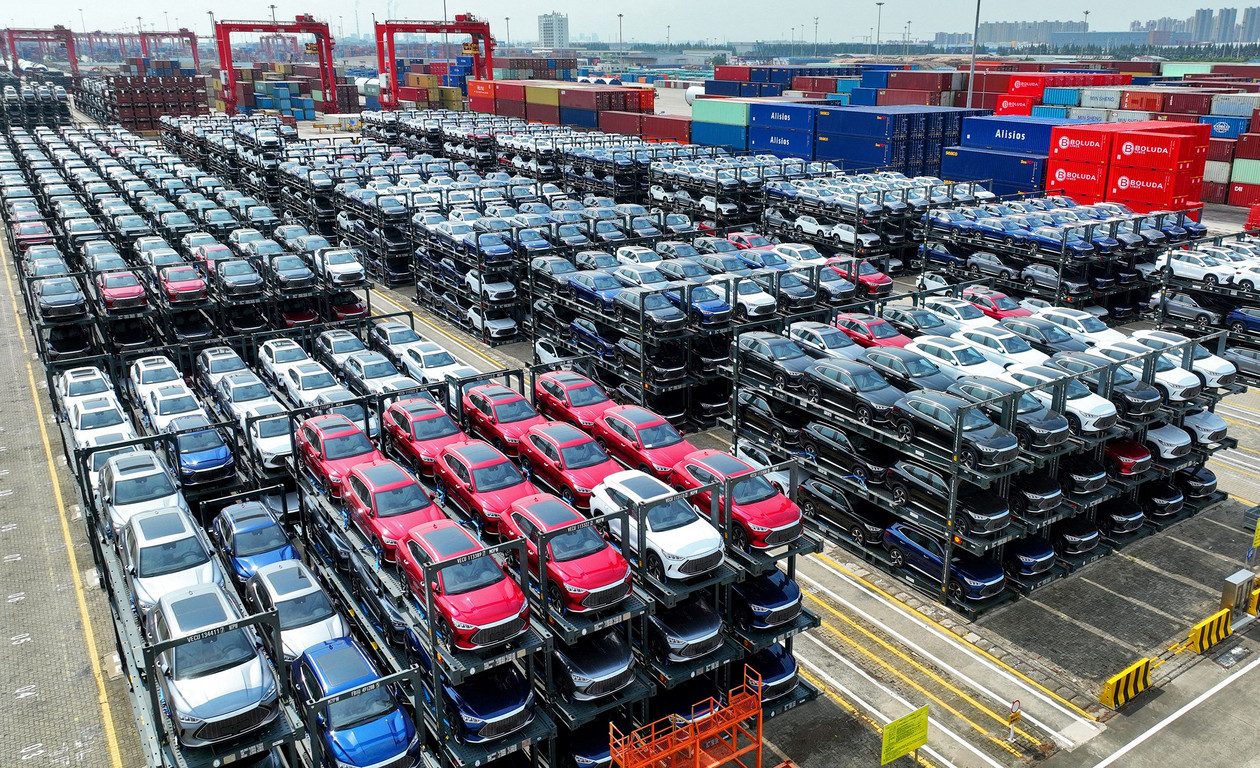
In May this year, the US announced tariffs of up to 100% on electric vehicles manufactured in China. Photo: Politico
Brussels says the move is designed to level the playing field for European manufacturers against the Asian giant – but not to push China out of the market, as is likely to happen after the US move. But analysts believe it could be just the start of an escalation in trade tensions between the blocs, helping their “green” companies and technologies from falling behind their competitors.
Brussels recently presented its most detailed document to date on how Chinese state subsidies affect regional manufacturers. “This is a report that aims to lay the groundwork and show how and why Europe is changing its policies,” said one of Brussels’ experts on the issue.
The more fragmented, the more damaged
Many experts doubt whether the benefits of this increased geopolitical competition will outweigh its negative impacts. Economists and international organizations warn that the greater this deglobalization, the greater its costs.
The WTO found in 2022 that if the world split into two separate trading blocs, global GDP would fall by 5%. The IMF has said the impact on global manufacturing would be between 0.2% and 7% of global GDP in the event of severe trade fragmentation.
Add to that the impediment to scientific progress – the so-called “technological decoupling” – and the losses could soar to 12% of GDP in some countries. The impact could be so great that it would put pressure on the global monetary system and lead to “financial regionalization”.
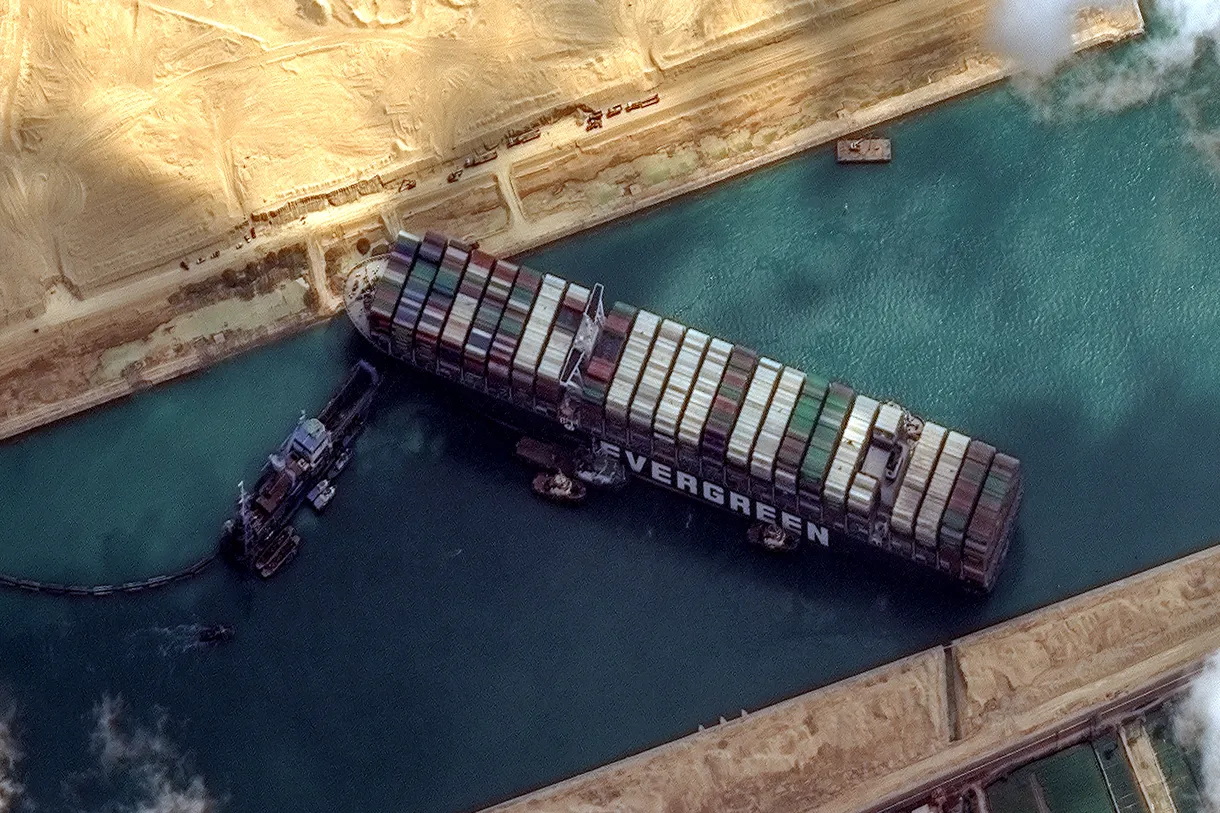
The Evergreen container ship stuck in the Suez Canal for six days in 2021 had a major impact on global trade. Photo: WSJ
According to Oxford Economics, annual GDP would fall by more than 5% in the long term in developing countries if this surge in protectionism led to the collapse of the WTO. Africa and South Asia would be the regions hardest hit by such an economic downturn, with potential losses of more than 6% of GDP.
But the damage would not be limited to developing countries; the major powers would also be weighed down by the vulnerability of global supply chains, especially exposed in times of crisis, such as another pandemic or fighting in Ukraine. By these estimates, European productivity would fall by around 1.5%.
Beyond these numbers, there are potential security, food, and energy risks. Russia’s blockade of Ukrainian wheat exports in 2022 was a major factor in a 37% spike in global grain prices. That drove up prices for other foods, putting many countries that depend on their supplies on high alert. Restrictions on Russian gas exports have also led to the biggest global energy crisis in history.
All of these are vivid examples of the impact of fragmented trade on the world. And so, the warnings from economists about the consequences of protectionism and tariff wars are perhaps not too early and not too exaggerated.
Quang Anh
Source: https://www.congluan.vn/cuoc-chien-thue-quan-co-the-khien-wto-sup-do-va-gay-thiet-hai-hang-nghin-ty-usd-post313407.html



![[Photo] General Secretary To Lam receives Brazilian President Luiz Inácio Lula da Silva](https://vstatic.vietnam.vn/vietnam/resource/IMAGE/2025/3/28/7063dab9a0534269815360df80a9179e)
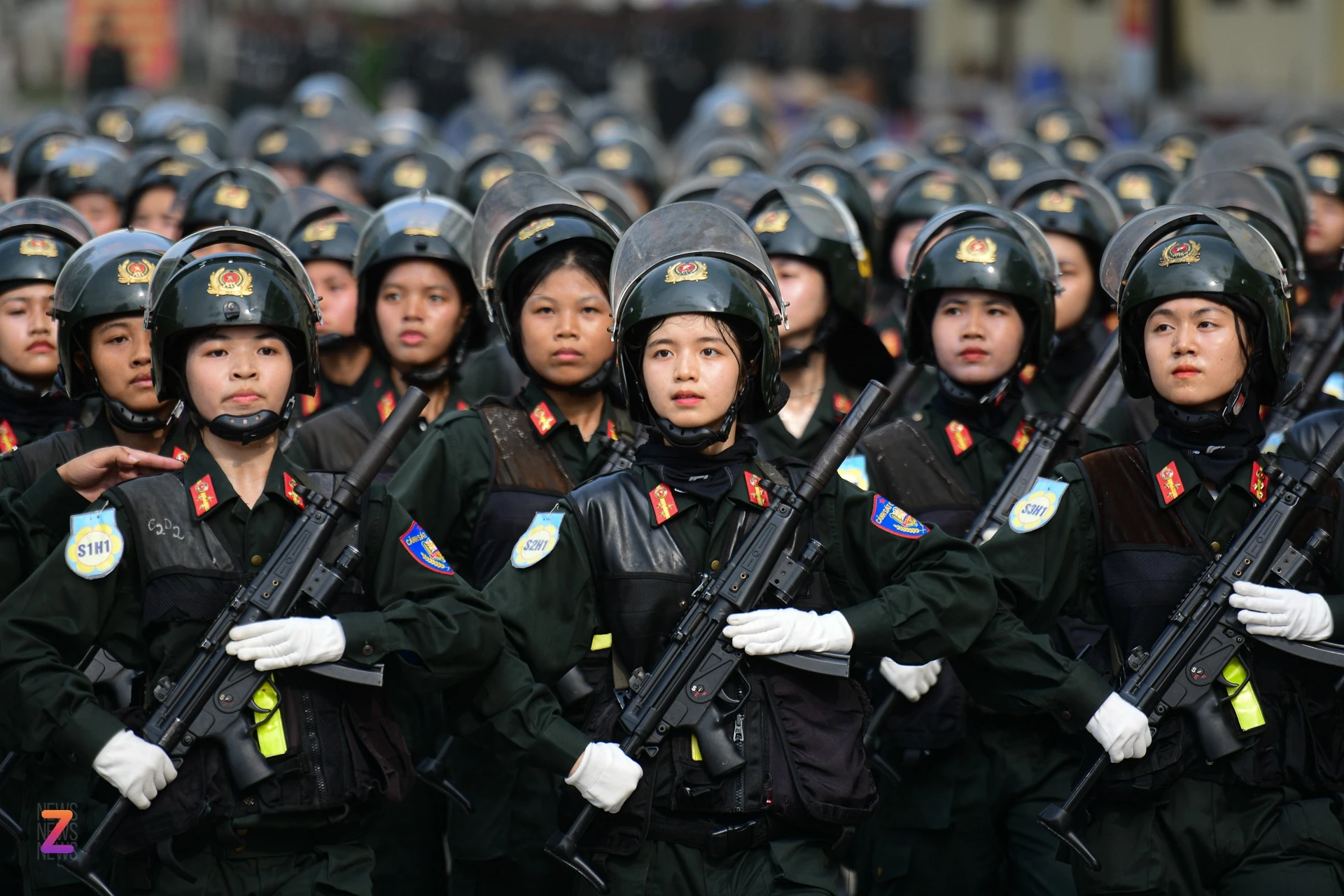

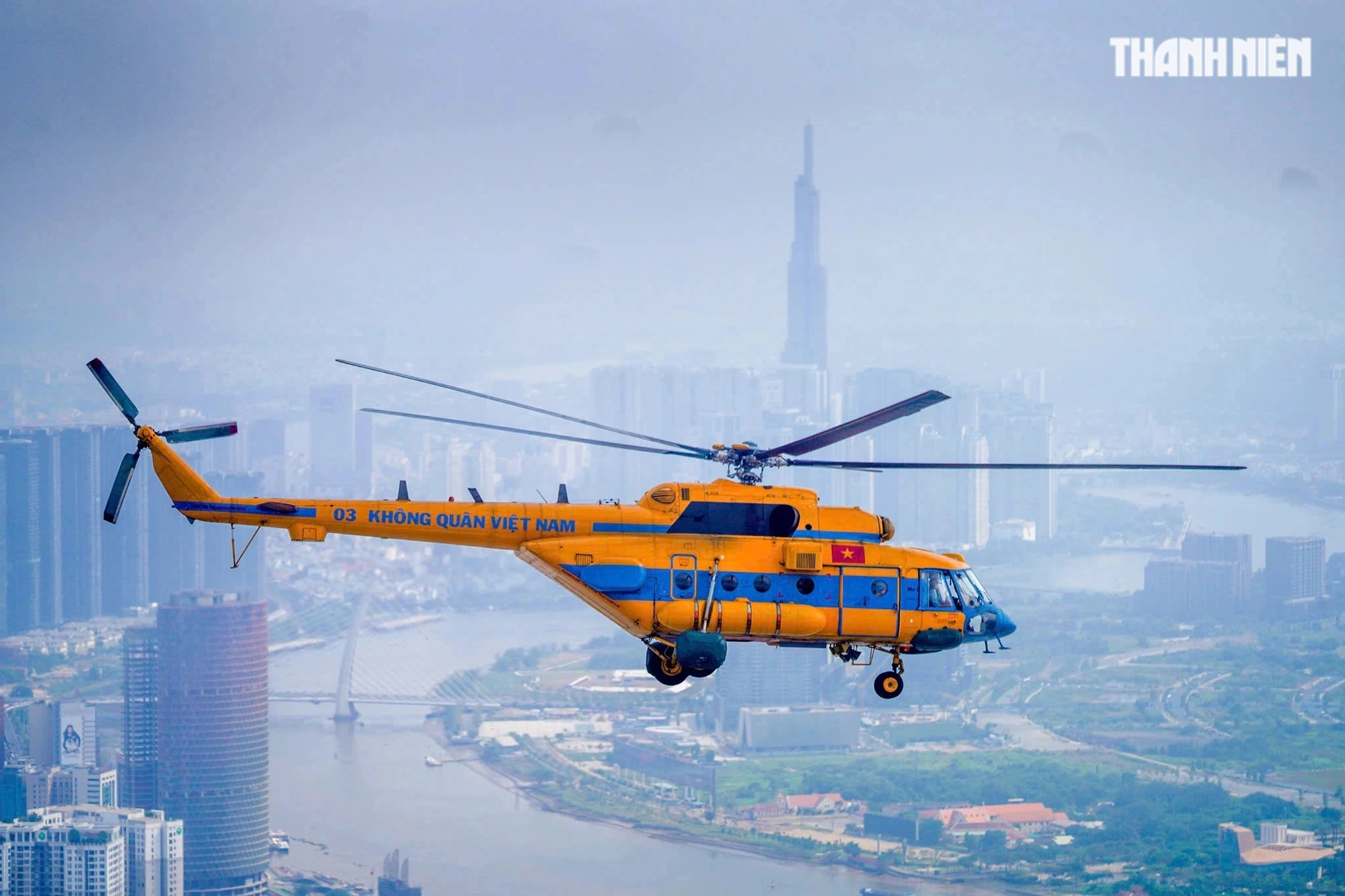
![[Photo] Admiring orange cotton flowers on the first "Vietnam heritage tree" in Quang Binh](https://vstatic.vietnam.vn/vietnam/resource/IMAGE/2025/3/28/7476a484f3394c328be4ac8f9c86278f)
































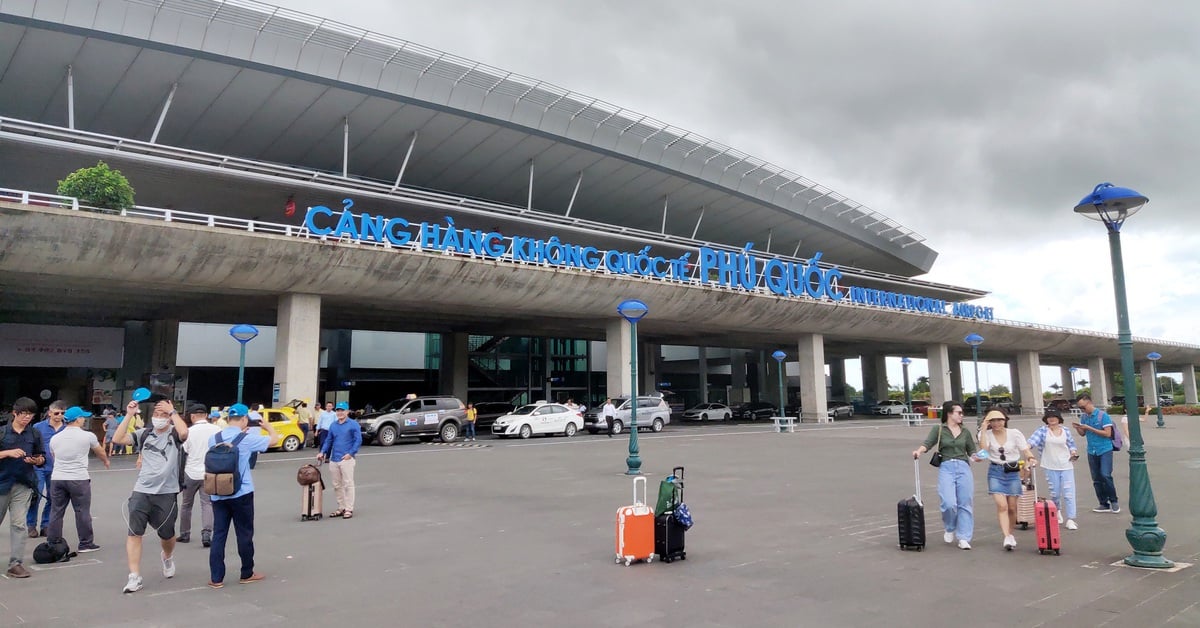
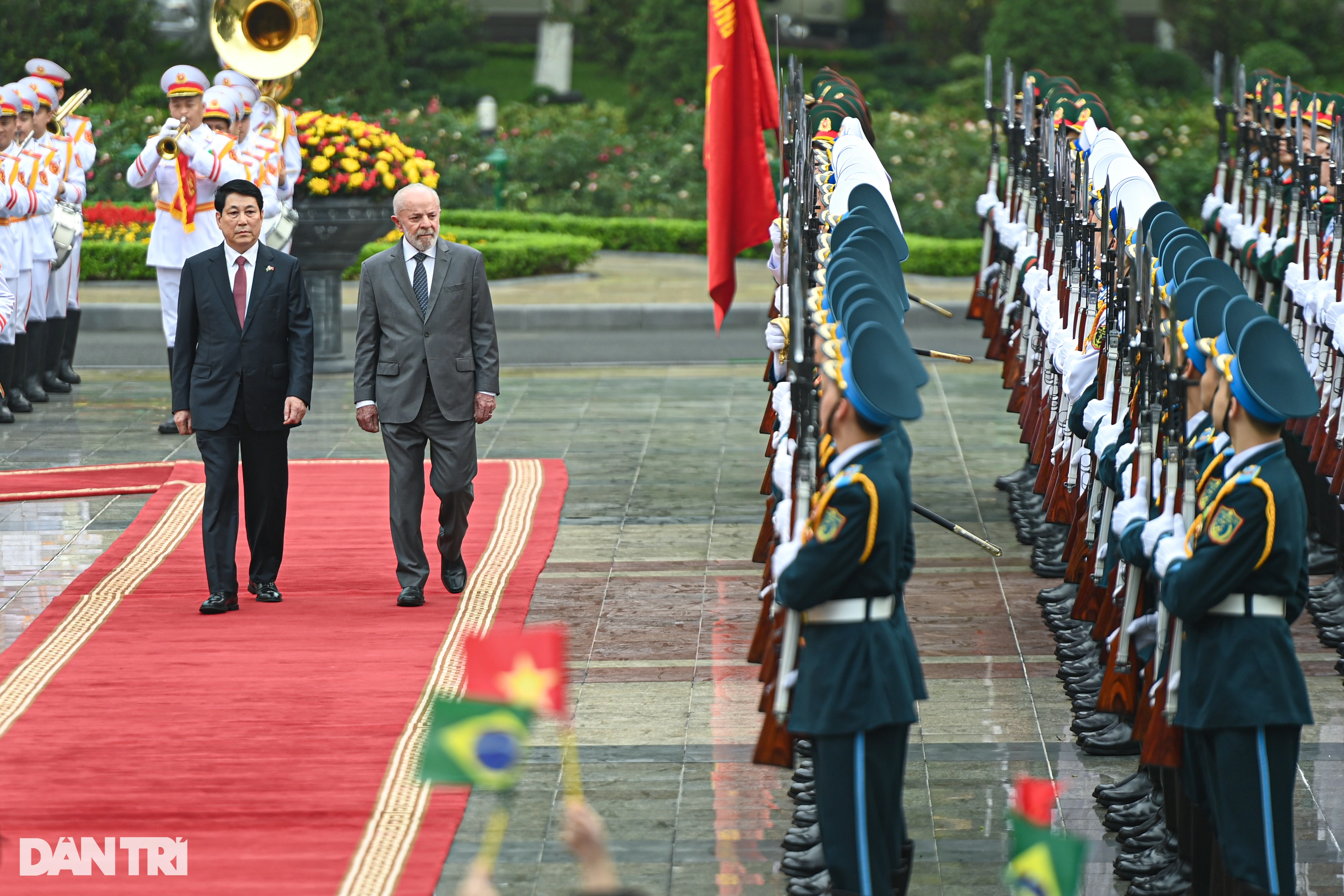








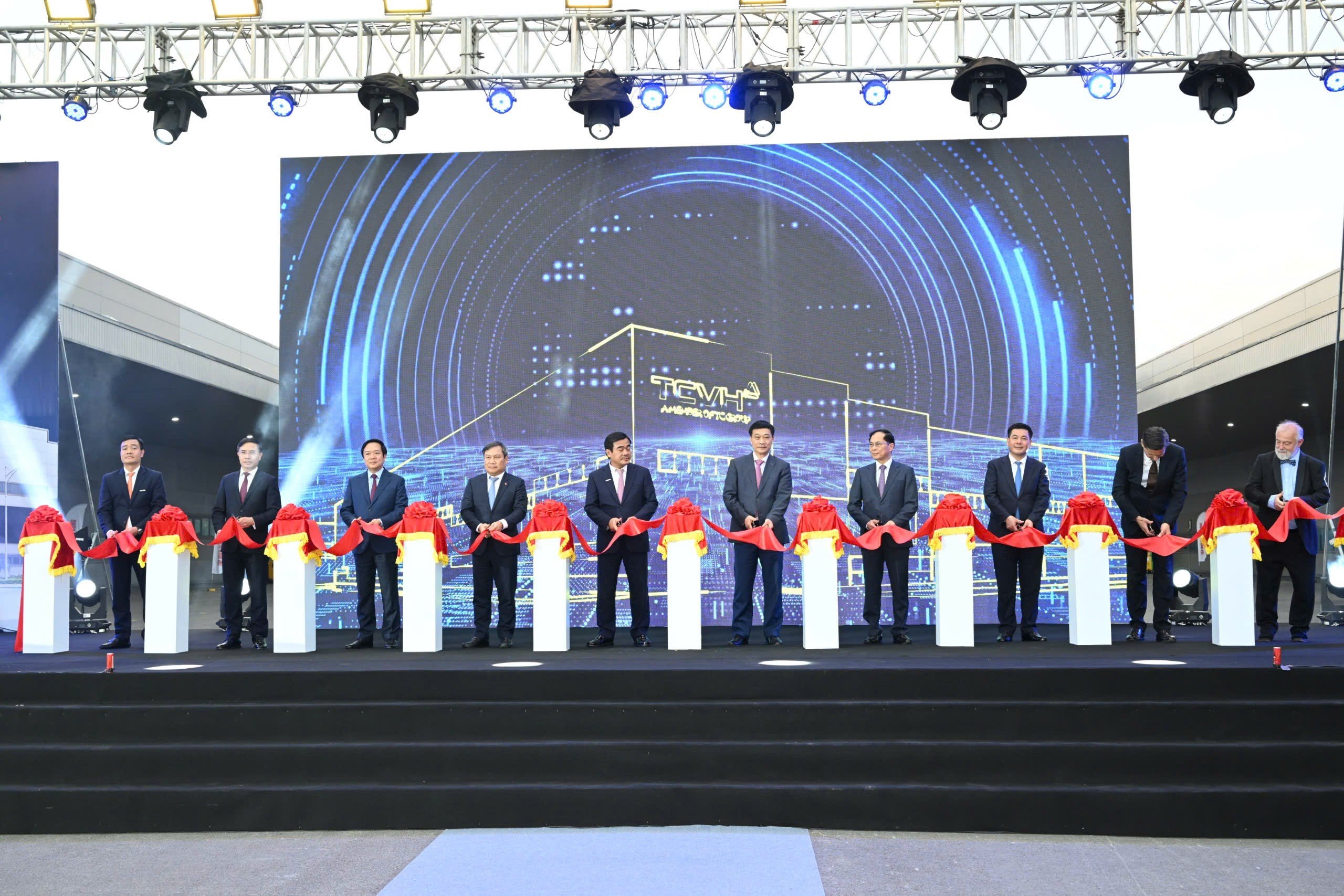



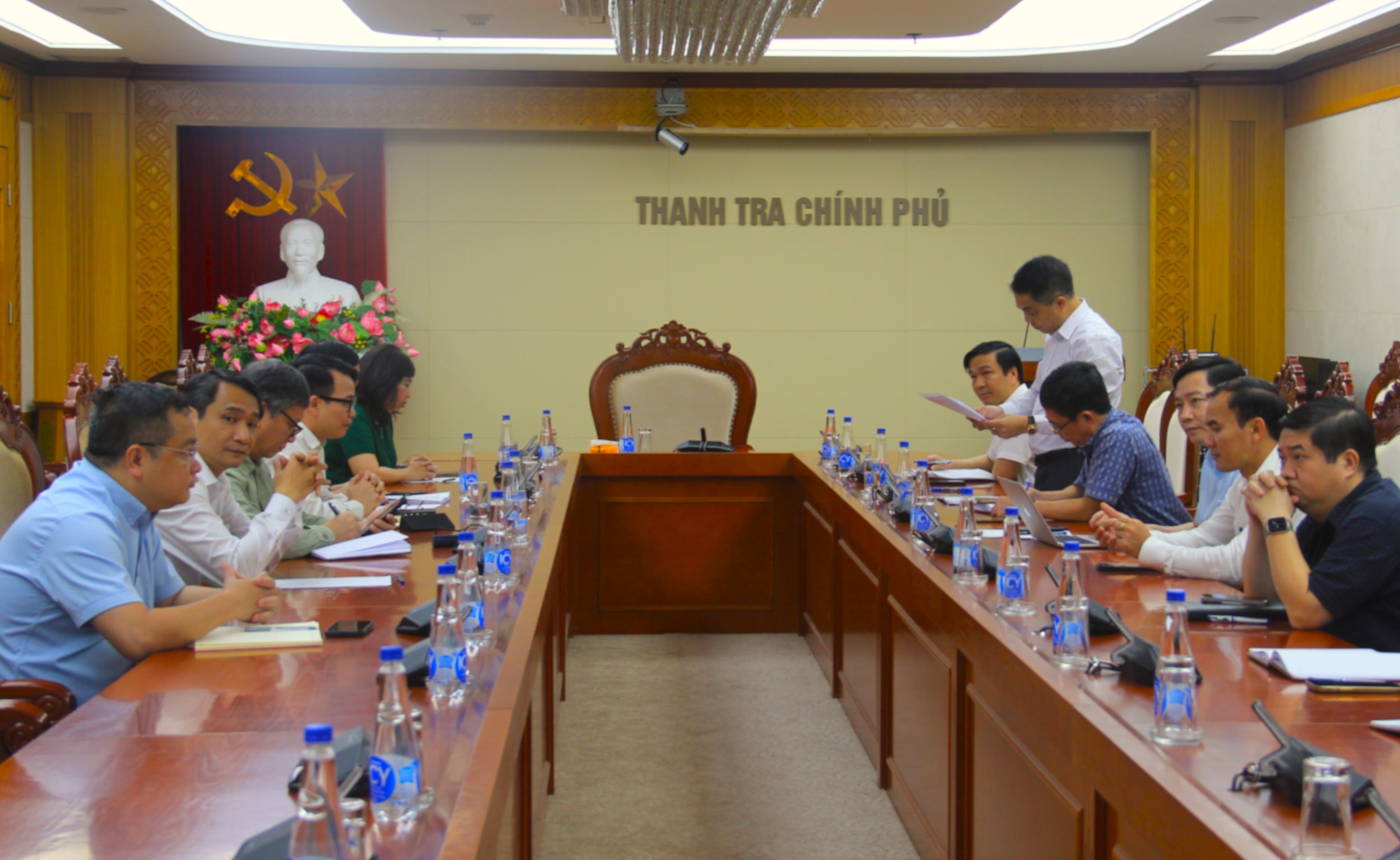





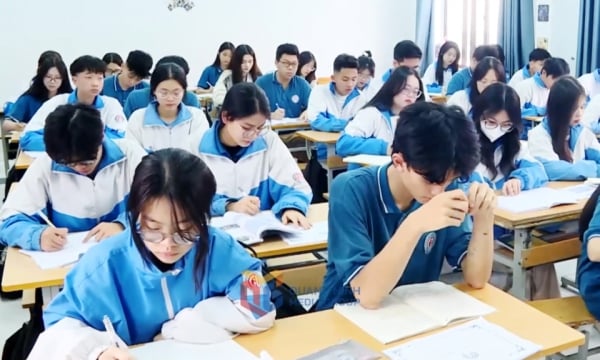





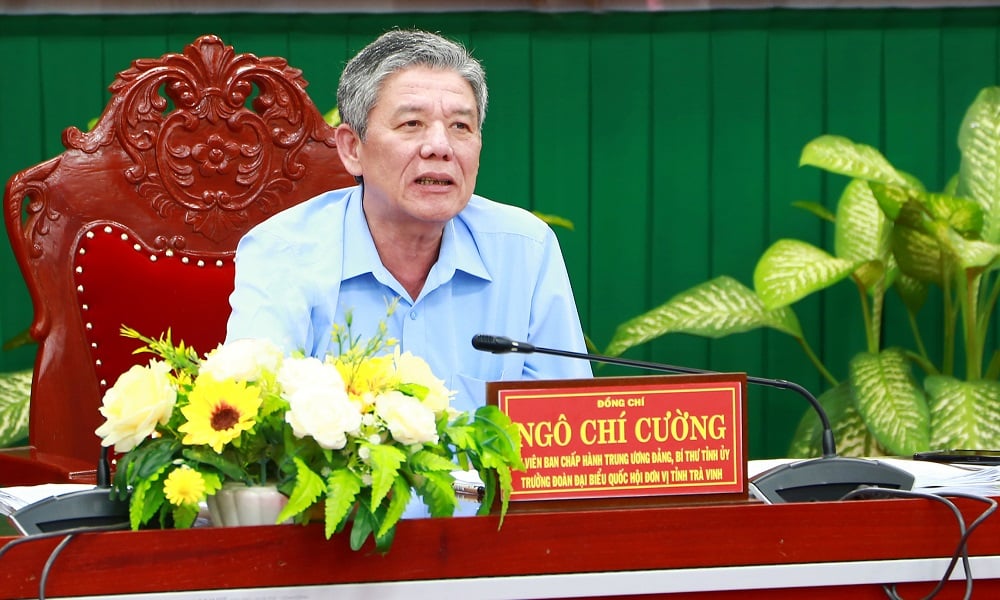








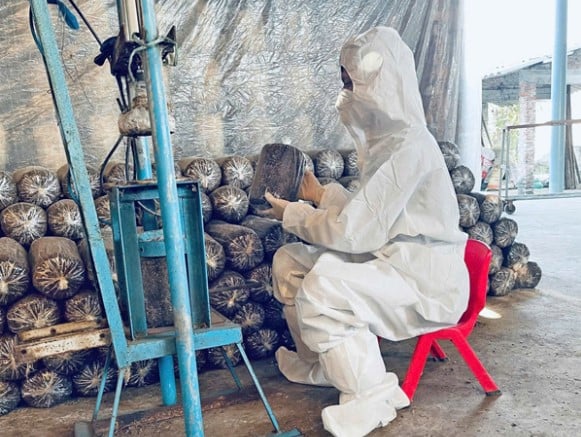
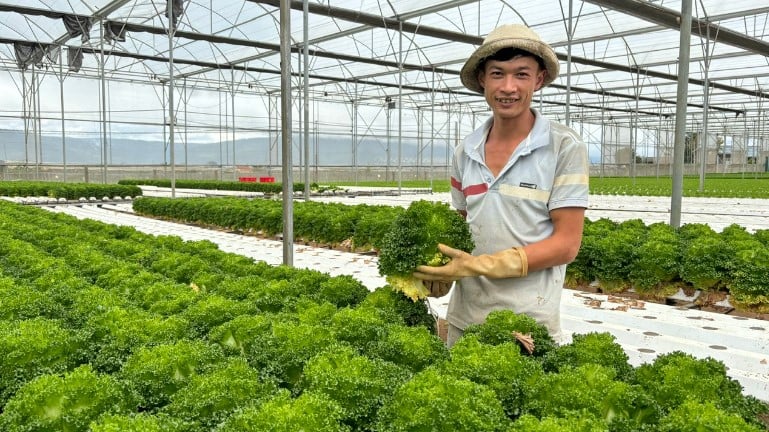

Comment (0)